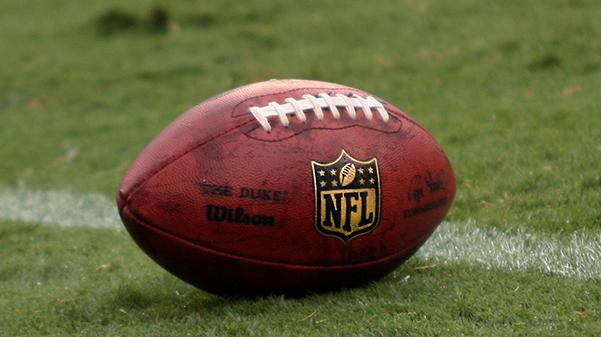MITCHELL KRAUS | Reporter
Next month the five-member Federal Communications Commission will vote on the future of the internet in the United States, and if the rules change, it will change the internet for the worse.
Right now, the principle called net neutrality means that internet service providers (ISPs) cannot throttle or “fastlane” any website over another. For example, an ISP cannot intentionally make Hulu faster than Netflix. They also cannot charge consumers more for access to certain sites; right now, once you have paid for internet access you can get on all websites equally. What might change?
For Consumers
If the current standards are repealed, it could mean that ISPs could restructure their plans so that consumers are not only paying more for speed, but also having to piecemeal together their internet plans the same way television packages work now.
In theory:
Basic internet would be $30 per month. You could read the news, look at stocks and use some messaging services and email.
Want access to YouTube, Netflix, Hulu and Sling? Add $45 per month.
Want Apple music and Spotify? Add $10.
Want Facebook, Twitter, Instagram, Tumblr, etc.? Add $15.
Want to bank, pay bills, and shop online? Add $5.
These prices do not include your actual Netflix subscription; it is just the fee you pay to your ISP to allow you onto Netflix.
According to the proposed plan, ISPs would have to disclose to their consumers which websites would be behind paywalls; however, it is unclear how these rules would be enforced.

Photo from wikipedia.com
For Businesses
Not only could ISPs be allowed to have consumers pay more for specific parts of the internet, but under revised rules, businesses could also be forced to fork over large sums to have the speeds they need.
Back in February, Netflix and Comcast reached an agreement where Netflix will pay an undisclosed sum for Netflix to have “faster and more reliable access to Comcast’s subscribers” according to a New York Times article. Consumer groups derided the deal as anti-competitive.
The concern is that this pay-to-play model will put startups at a stark disadvantage over larger companies that can afford to pay the ISPs’ prices for fast connections. Right now, a small website can be accessed just as quickly as a large one. Under new rules, that could change.
Another concern is that ISPs will be able to block or severely slow access to businesses that compete against their own services; AT&T would have an interest in limiting access to Sling and Hulu because those services compete directly with AT&T’s own television services. ISPs could also slow web pages they disagree with politically.
What this all means
Consumers can expect to have costs passed on to them as large websites start to pay for the large connections they need. If the ISPs increase the charges for institutions, colleges will be forced to find the extra money in another program or increase tuition.
Poorer Americans will be at a disadvantage accessing information online as costs rise.
What we can do
The FCC votes on Dec. 14, and three of the five members have to vote no to block the rules. I encourage them you to contact them to ensure the internet stays unchanged.
Ajit Pai – FCC Chairman
Mignon Clyburn – Commissioner
Michael O’Rielly – Commissioner
Brendan Carr – Commissioner
Jessica Rosenworcel – Commissioner







